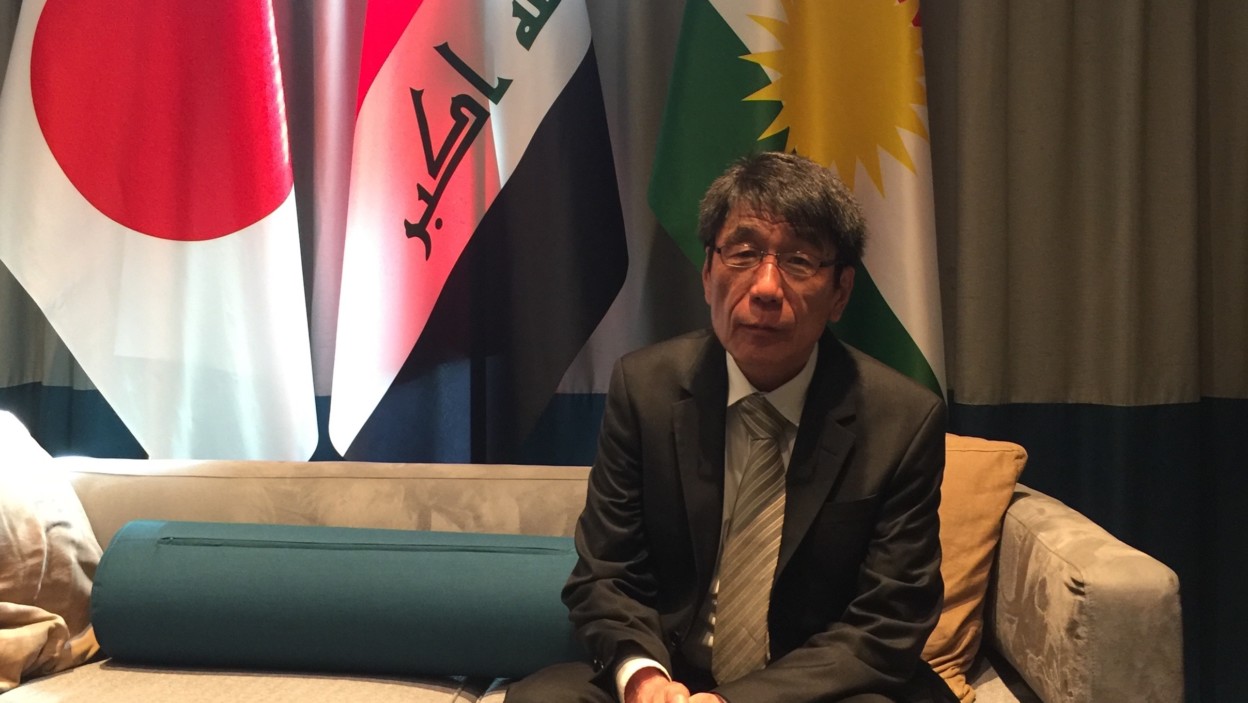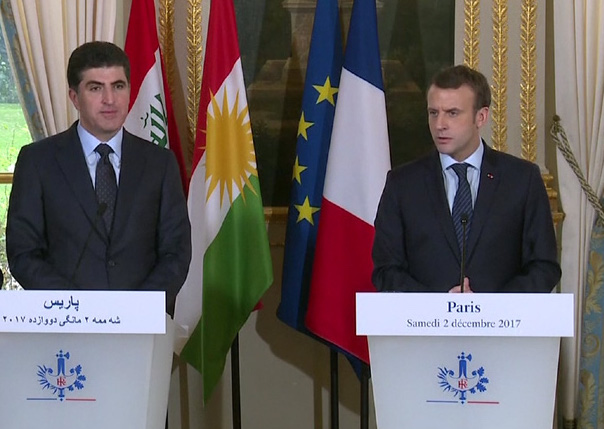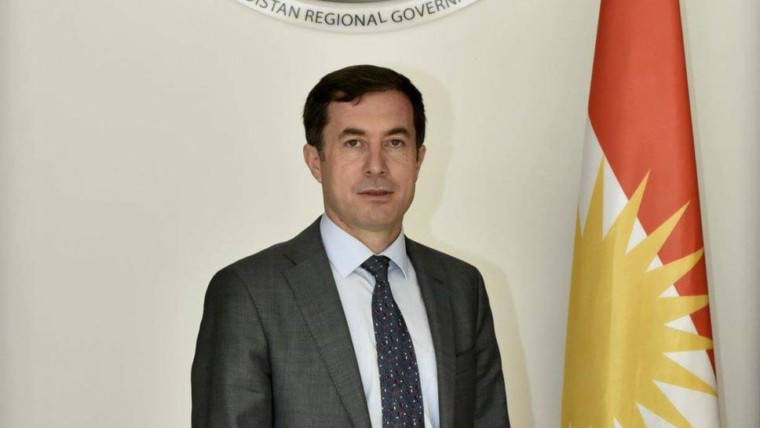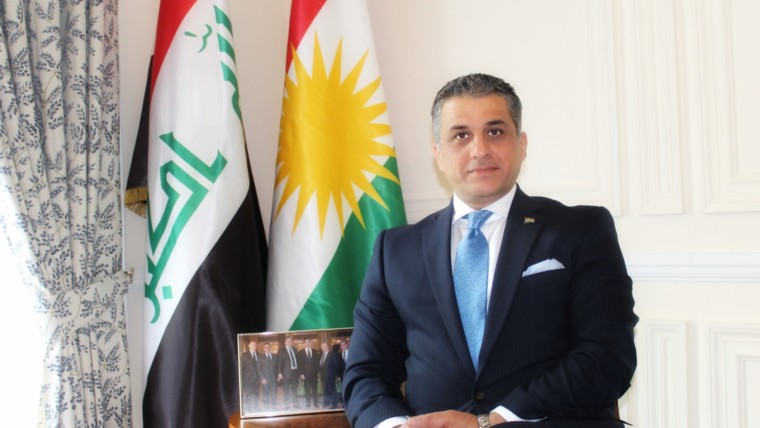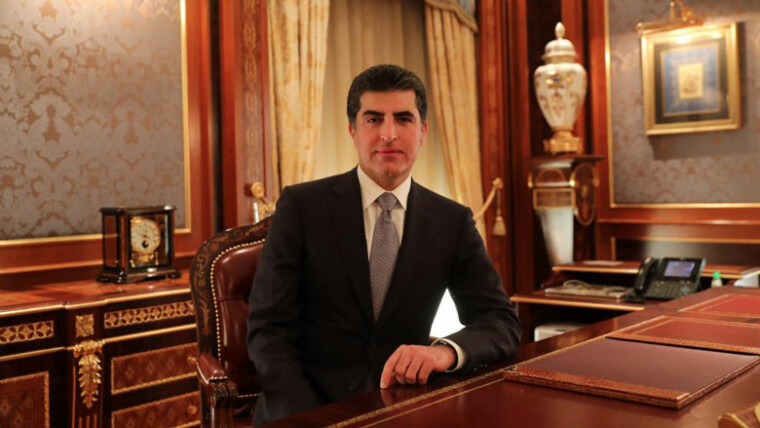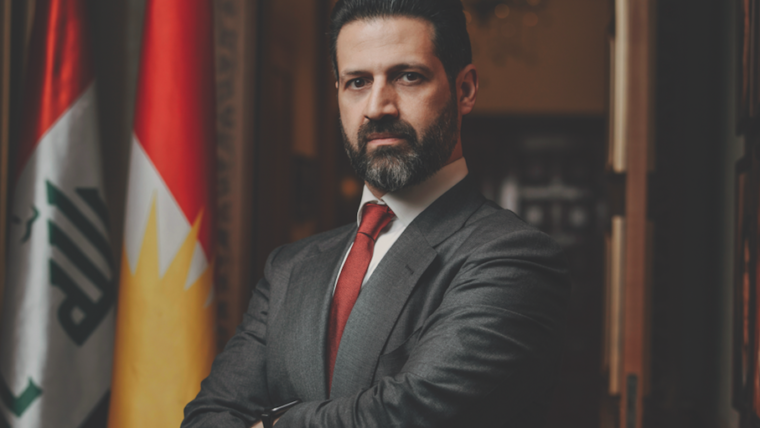Katsumi Moriyasu, Head of the Consular Office of Japan in Erbil, on Japan’s key initiatives in the Kurdistan Region of Iraq (KRI).
What are Japan’s key projects in the KRI?
The Japanese government is very active in extending development assistance to build infrastructure projects covering electricity, sewerage and environmental issues in the KRI. We are currently working on four key projects. The first one is a water supply improvement project in Halabja. The second project is on electricity, specifically grid networking, and human resource development at the Ministry of Electricity. The third project is hydropower plant construction project in Duhok. The last one is wastewater treatment plant in Erbil.
Can you elaborate the wastewater treatment plant project?
We are very proud to become a partner of the KRG and are happy that it chose Japan to be a reliable partner the financing and technology for this project.
This is the first sewage plant in Iraq and is very important to the KRI. We are concerned about the degradation of the environment in the region, where sewage is often released underground. So, this is a very strategic project to preserve the nature and environment of the KRI.
The project is designed and implemented by Japanese engineers. It may be divided into four stages. The first stage of the project will be finalized in 10 years.
What is Japan’s contribution to human capacity development in the KRI?
Human capacity development in the KRI is one of the main pillars that we pursue. We have invited around 1,000 people from the KRG for training in Japan. We extend expertise to young Kurdish candidates in various fields.
We are eager to send Iraqi students to study at Japanese universities. We have four or five places open to Iraqi students, including those from the KRI. Currently, two Kurdish students are studying in Hiroshima and in Kyoto. We believe that they will become important contributors to further development in the region.
I don’t see any sign of tension and there is no reason to fear coming to the KRI. I feel very secure here. That is thanks to the KRI’s security forces.
Katsumi Moriyasu, Head of the Consular Office of Japan in Erbil
How do you assess the KRI’s tourism offerings to Japanese visitors?
The KRI has a huge potential to attract tourists from all over the world, including Japan. Tourists in Japan are always looking to Middle Eastern destinations with enthusiasm and curiosity. I hope Japanese tourists are attracted and enchanted by the region’s beautiful historical sites.
You have been living in the KRI in the last three years. How would you assess the security in the KRI and Kurdish culture?
People of Kurdistan are very open-minded and kind and show no discrimination or ill will towards anyone.
The streets in Erbil and the wider KRI show no sign of security risk. We enjoy the safety provided by the Peshmerga soldiers. Kurdish security forces are very capable of keeping safety for both citizens and foreign visitors, and we are indebted to all the personnel in the security sector. Today I don’t see any sign of tension and there is no reason to fear coming to the KRI. I feel very secure here. That is thanks to the KRI’s security forces.

